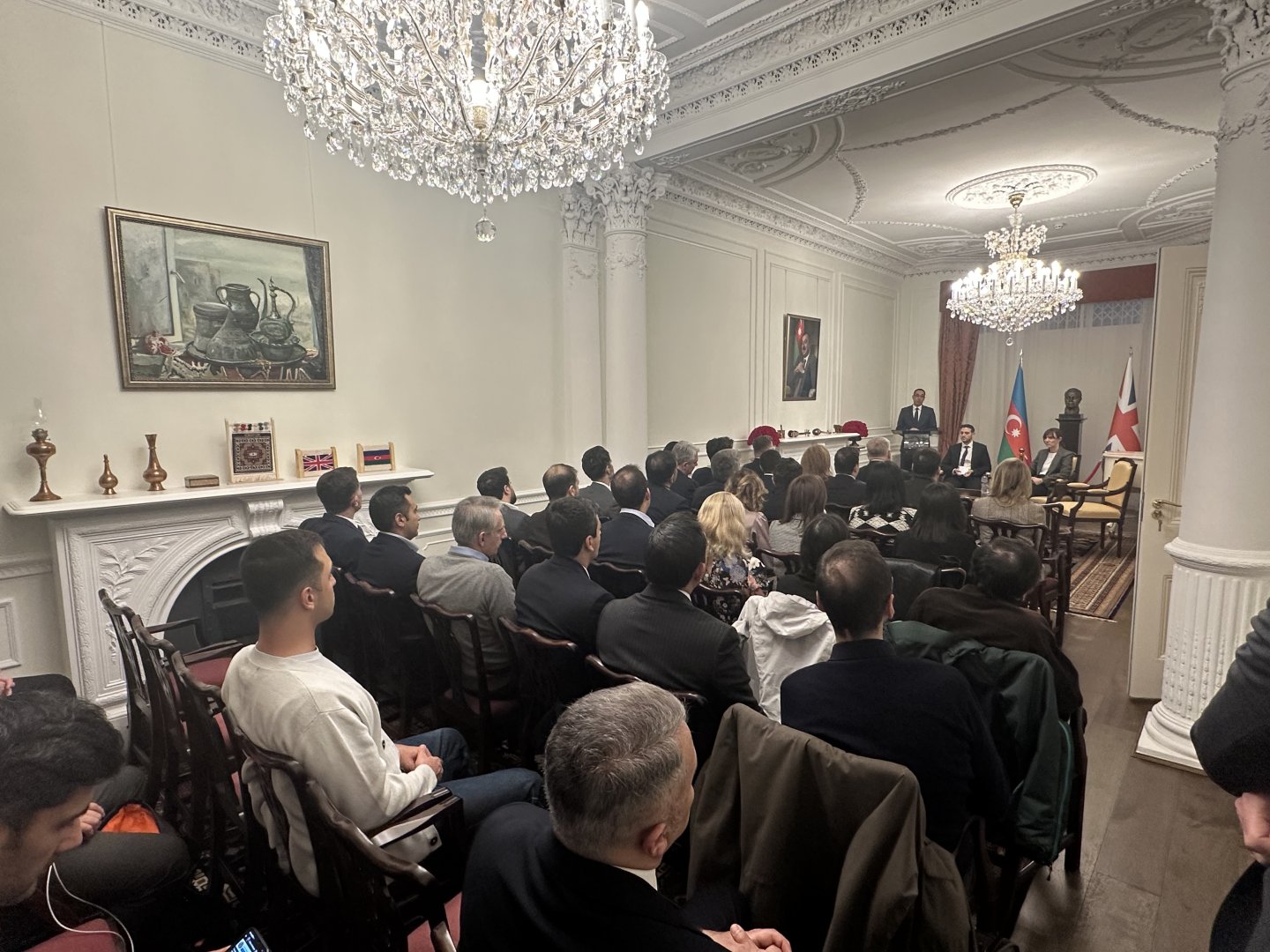Copyright forbes

Business competition sport track start The modern workplace is a battlefield. From the moment we enter our careers, we are conditioned to believe that success is a zero-sum game, won only by the sharpest elbow, the longest hours, and the most aggressive pursuit of a limited top spot. We are told that competition breeds excellence, that scarcity fuels innovation, and that our worth is directly tied to our productivity. But what if this narrative—the one driving so many of us toward burnout, isolation, and chronic anxiety—is fundamentally wrong? Ruchika Malhotra, author of the groundbreaking new book, Uncompete: Rejecting Competition to Unlock Success, argues that the relentless drive to compete is actually counterproductive. In a recent interview with me, Malhotra passionately made the case that true success, both personal and professional, lies in prioritizing collaboration, community, radical generosity, inclusion, and solidarity. “We are told that competition is the only way to be successful,” Malhotra said. “It’s about rejecting that idea and choosing a different way, which is built on solidarity, on abundance, on the idea that all of us can win and rejecting the idea of very zero-sum, winner take all type of competition which we know breeds scarcity and challenges beyond the individual.” Malhotra’s work is a necessary antidote to what she calls the “competition default." Drawing on her personal journey as a double immigrant and her experience observing workplace dynamics, she has identified three core areas where we must unlearn the competitive mindset to unlock a more fulfilling and impactful professional future. 1. Competition is the Short-Term Fix, Collaboration is the Long-Term Strategy Malhotra highlights a critical paradox: while humans have historically relied on collaboration for survival, modern systems—especially hyper-capitalism—are designed to exploit fear and promote scarcity. MORE FOR YOU This scarcity model, Malhotra explains, is easily exploitable. While this fear-based motivation works in the short term, driving immediate performance, long-term it flames out. However, it is an unsustainable energy source that ultimately leads to high turnover, burnout, and psychological attrition. The alternative is what Malhotra terms the long-term view of success. If leaders shift their focus from immediate, competitive victories to building sustainable, supportive environments, the entire organization benefits. She notes that the best research on workplace psychology—such as that on psychological safety—shows that employees perform better when they feel their colleagues “have their backs" and they feel supported. Malhotra challenges leaders to examine their systems: “How do competitive behaviors show up in your organization? Is it worth? Who is this serving?” She asks if companies are truly rewarding collaboration or simply paying lip service to it while reinforcing cutthroat behaviors through limited promotions and zero-sum performance reviews. The sustainable path forward requires rewarding the behaviors that support collective success. 2. Allyship is About Microvalidations Allyship, Malhotra notes, is not a passive noun or a virtue signaling exercise; “it is an active effort demonstrated through intentional actions of support and advocacy.” Malhotra shared a moving personal story from early in her career in Seattle, where a senior leader, whom she barely knew, personally vouched for her first job. This single act changed the trajectory of her life. The lesson for every professional is that the time and effort required for these acts is minimal compared to the impact they create. These gestures are what researchers refer to as microvalidations—small, affirmative actions that are especially powerful in supporting people who have historically been overlooked in the workplace. For leaders, the takeaway is clear: make a personal effort to support, affirm, and champion individuals, particularly those who have been marginalized. “The importance of doing of these microvalidations, especially to affirm people who have historically been left out in the workplace, builds trust and strengthens the community within your organization, and proves that you value people over a purely mechanical focus on productivity." 3. Redefine Success: It's About Connection, Not Capital Perhaps the most resonant takeaway is the need for a personal re-evaluation of what constitutes a successful life. Malhotra reflects on the common conditioning she received—that one's worth is tied to money and productivity—and the struggle to unlearn those myths. The reality, as shown by those reflecting on their lives, is that people prioritize human relationships, love, and community. Malhotra emphasizes that for many, even if they have survived and can now choose their path, competition has still become the default. "Yet, if leaders run the numbers, they probably could step back or take a rest or take a job that aligns with their values. We’ve have been conditioned to be in this scarcity mindset to constantly be competing.” The practice of Uncompete challenges us to ask a difficult question: What does success really mean to me? Is it a life defined by chronic illness, burnout, and fear, or one characterized by agency over your time, community, and genuine connection? When people are on their deathbeds, they don’t express pride over their earnings; they express regret that they didn’t spend more time with loved ones. “If you take a long-term view, it always makes sense to uncompete,” Malhotra drives home. For all of us, the time has come to step out of the fog of competitive anxiety. The long-term view shows that the true path to success is not paved with overhyped competition, but with the supportive hands of a strong, collaborative community. The Uncompete revolution is not about becoming complacent; it is about working smarter, together, for a richer, more meaningful outcome for all. Editorial StandardsReprints & Permissions



